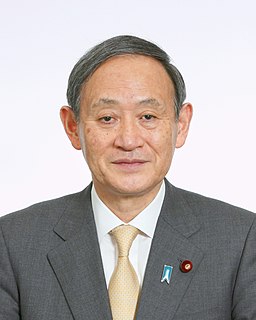A Quote by Amy Lockwood
Moyo, a Zambia-born economist, asserts that aid is not only ineffective-it's harmful. Her argument packs a strong punch because she was born and raised in Africa. Moyo believes aid money promotes the corruption of governments and the dependence of citizens, and advocates that an investment approach will do more to help reduce poverty than aid ever could.
Related Quotes
Easterly, a celebrated economist, presents one side in what has become an ongoing debate with fellow star-economist Jeffrey Sachs about the role of international aid in global poverty. Easterly argues that existing aid strategies have not and will not reduce poverty, because they don't seriously take into account feedback from those who need the aid and because they perpetuate western colonial tendencies.
The notion that aid can alleviate systemic poverty, and has done so, is a myth. Millions in Africa are poorer today because of aid; misery and poverty have not ended but increased. Aid has been, and continues to be, an unmitigated political, economic, and humanitarian disaster for most parts of the developing world.
Government-to-government foreign aid promotes statism, centralized planning, socialism, dependence, pauperization, inefficiency, and waste. It prolongs the poverty it is designed to cure. Voluntary private investment in private enterprise, on the other hand, promotes capitalism, production, independence, and self-reliance.
Africa needs help, no question about that but I'd rather prefer that the money is channeled. That's what I call smart aid; it's channeled through African civil society groups. These are the groups which can be held more accountable. These are the groups which will sort of monitor how the aid money is spent.
If you take all the food aid, America is by far the most generous country. If you take the direct aid, we're very generous. But when you add on our private contributions - see, our tax system encourages private citizens to donate to organisations that, for example, help the folks in Africa. And when you take the combined effort of US taxpayers' money plus US citizens' donations, we're very generous. And we'll do more.
Almsgiving tends to perpetuate poverty; aid does away with it once and for all. Almsgiving leaves a man just where he was before. Aid restores him to society as an individual worthy of all respect and not as a man with a grievance. Almsgiving is the generosity of the rich; social aid levels up social inequalities. Charity separates the rich from the poor; aid raises the needy and sets him on the same level with the rich.
Legal aid gets a bad press. Some rail against handing taxpayers' money to criminals; others attack fat cat lawyers, while some argue that we spend far more on legal aid than other countries. But let's get some facts straight: saying that legal aid is just about criminals is wrong - most goes to people before any decision is taken on their guilt.






























